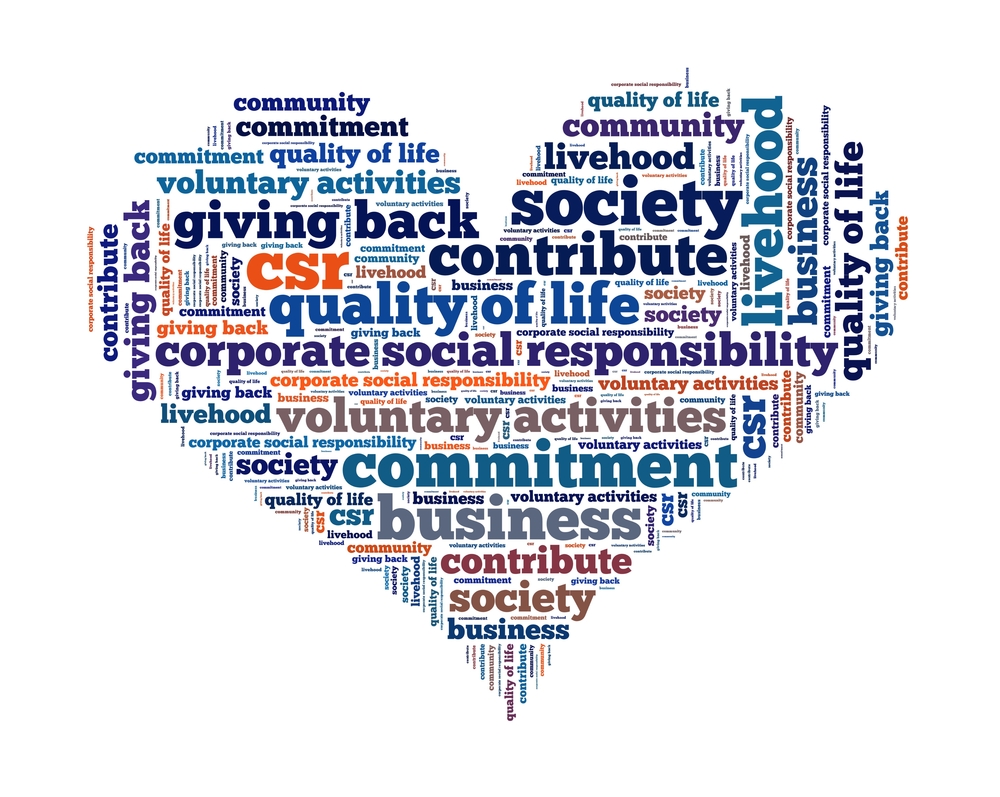Bright Minds
Yardi Scholarship at CSUCI
California faces a dramatic shortfall of college-educated workers. According to the Public Policy Institute of California, by 2030, the state will be more than a million bachelor’s degrees short of what its innovation economy requires to thrive. In other words, if every college and every university in the state of California continues to graduate students at […]

